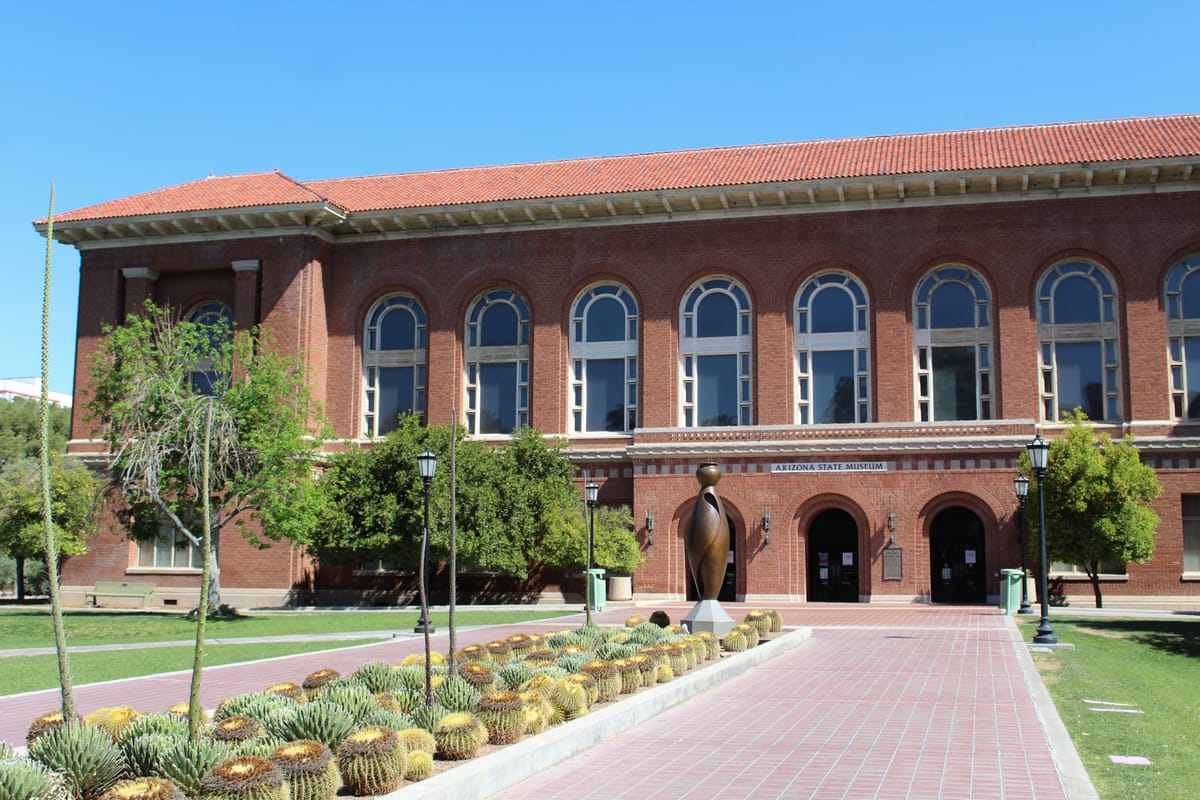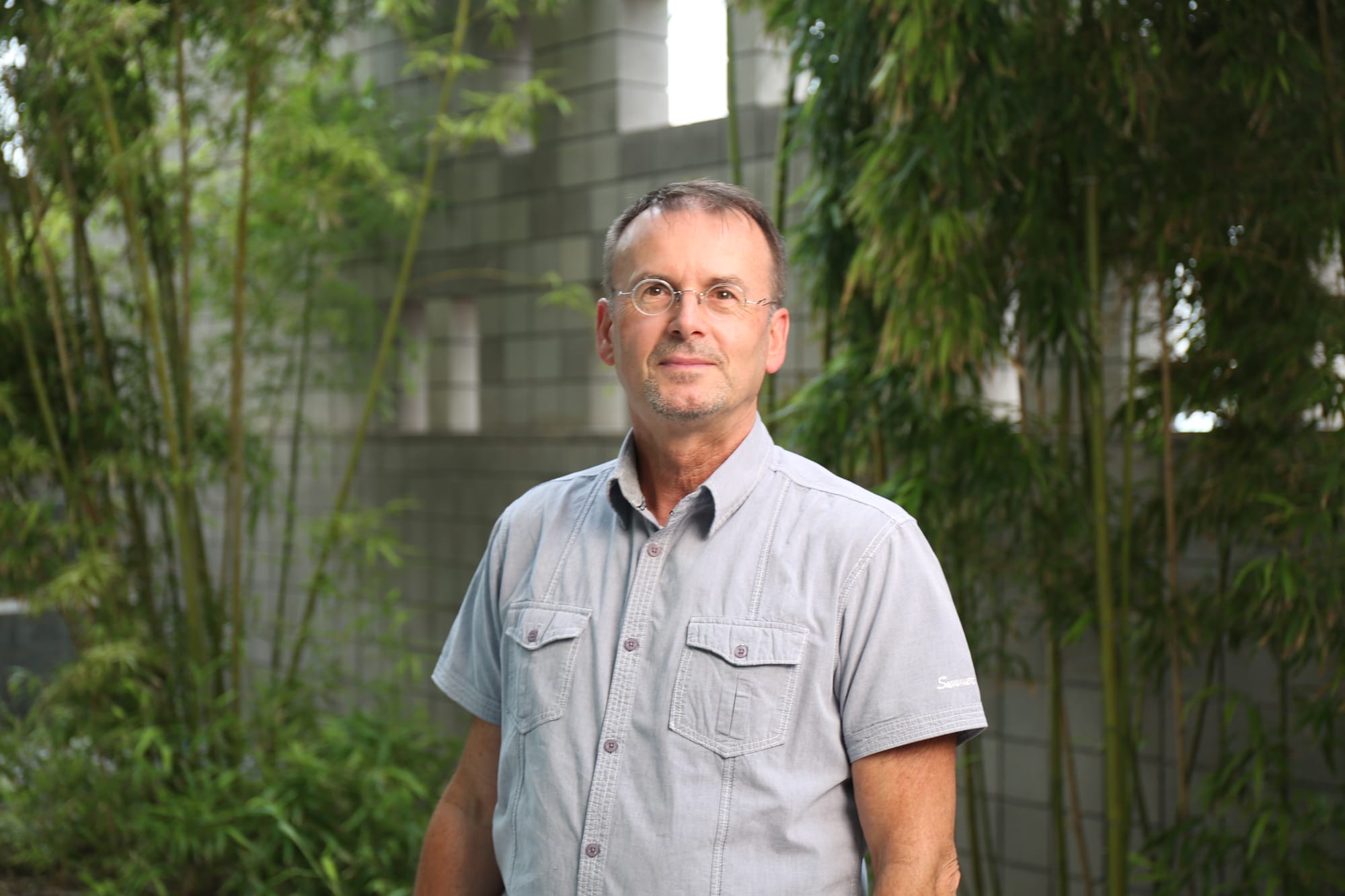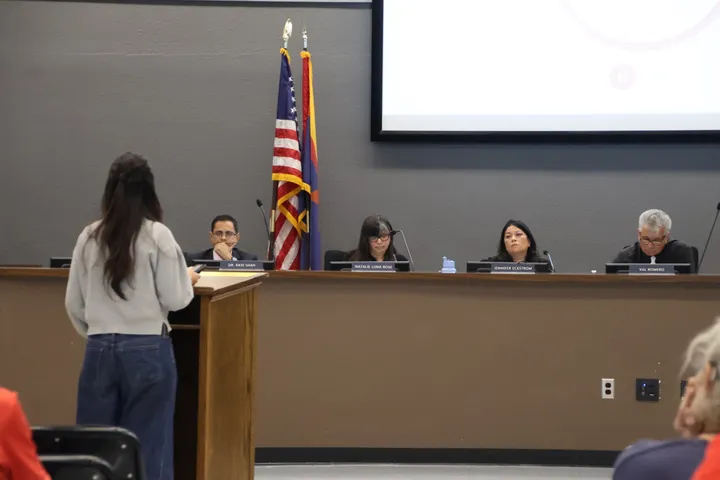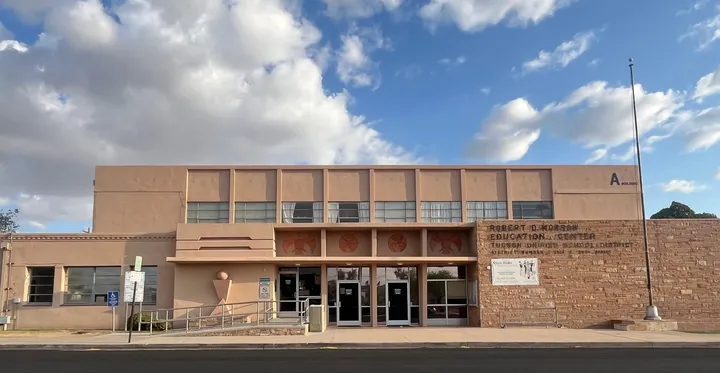UA faculty take Fulbright work global despite funding threats
The seven UA scholars will continue the program’s mission even as federal funding for international exchanges faces cuts.

Seven University of Arizona educators earned Fulbright awards this summer, standing out as funding cuts threaten the future of U.S. exchange programs.
The Department of Education this year canceled competitions for three Fulbright-Hays programs — Group Projects Abroad, Doctoral Dissertation Research Abroad and Faculty Research Abroad — announcing the decision in May. Officials said the move was meant to ensure that all criteria “align with the objectives established by the Trump administration.”
Other core Fulbright programs, such as the U.S. Scholar Program and the International Student Program, remain in place.
The hashtag #StandForFulbright began trending this spring as a call for sustained funding.
Shortly after the May announcement, the White House proposed a $700 million cut to U.S. exchange programs in its 2026 budget, and on June 11 the majority of Fulbright Foreign Scholarship Board members resigned in protest, citing political interference.
On June 27, the Fulbright Association Board of Directors submitted testimony to the Senate urging restoration of the program’s full $288 million budget.
“The University of Arizona is proud to support the Fulbright mission of global exchange,” said UA spokesman Mitch Zak. “All seven of our 2025 Fulbright Scholars, including one who has already completed their program, are on track to pursue their work abroad. We encourage students and faculty to explore upcoming opportunities at fulbright.arizona.edu.”

Among the seven UA faculty selected this year is Peter Ecke, a professor of second language acquisition and German studies, who will spend the summer of 2026 in Poland. Ecke said he hopes the Fulbright program endures despite recent challenges, noting its value for both U.S. scholars and their international partners.
“I haven't heard of any threats to this particular program. I hope that I'll be able to go,” Ecke told Tucson Spotlight. “It is really an important program in which we as faculty and students from the United States can go abroad, gain experience elsewhere, contribute to education over there, take back what we've learned and improve teaching research in this country. At the same time, (it brings) in students and scholars from other countries that enrich education in this country.”
Next summer, Ecke will travel to Adam Mickiewicz University in Poznań, Poland, where his research will help develop new courses and update existing ones in the Department of Humanities.
“I'm teaching, basically, how to effectively learn foreign second languages, how to teach them effectively, how to train future teachers of foreign languages and bilingualism,” Ecke said. “I became interested in issues of intercultural communication, how to effectively and appropriately communicate between members of different cultures.”
During his time in Poland, Ecke will revise a “Becoming Transcultural” general education course, which prepares students interested in studying and working abroad. He will also develop a new course focused on intercultural communication while guest lecturing and learning about different teaching methods used at the university.
While Ecke’s work won’t begin until next year, many of the UA’s newly announced Fulbright Scholars will begin their programs in early September.
One UA scholar, however, has already completed her program.
Melody Buckner, associate vice provost for digital learning and online initiatives, met with 14 institutions across India in March as part of an administrative Fulbright scholarship. She works in the Provost’s Office with all 20 UA colleges while holding a faculty appointment in the College of Education.
“I mainly do research with digital literacies, and right now that would include artificial intelligence,” Buckner said. “In the past, I've looked at how we use academic technologies for teaching and learning.”
During her time in India, Buckner explored the learning management systems faculty use to engage with students at public and private institutions in four major cities.
“I really believe in the humanizing of online education. When a family in India sends their student to a university, they really want that human connection. I think we in the United States want the same thing,” Buckner said. “I think working with other cultures that may have some reservations about online education can get us to really think deeper about how we can humanize online education and make it a rich, engaging experience, not only for the student, but for the faculty.”
Ruby Wray is a journalism and creative writing major at the University of Arizona and Tucson Spotlight intern. Contact her at rubywray@arizona.edu.
Tucson Spotlight is a community-based newsroom that provides paid opportunities for students and rising journalists in Southern Arizona. Please consider supporting our work with a tax-deductible donation.



